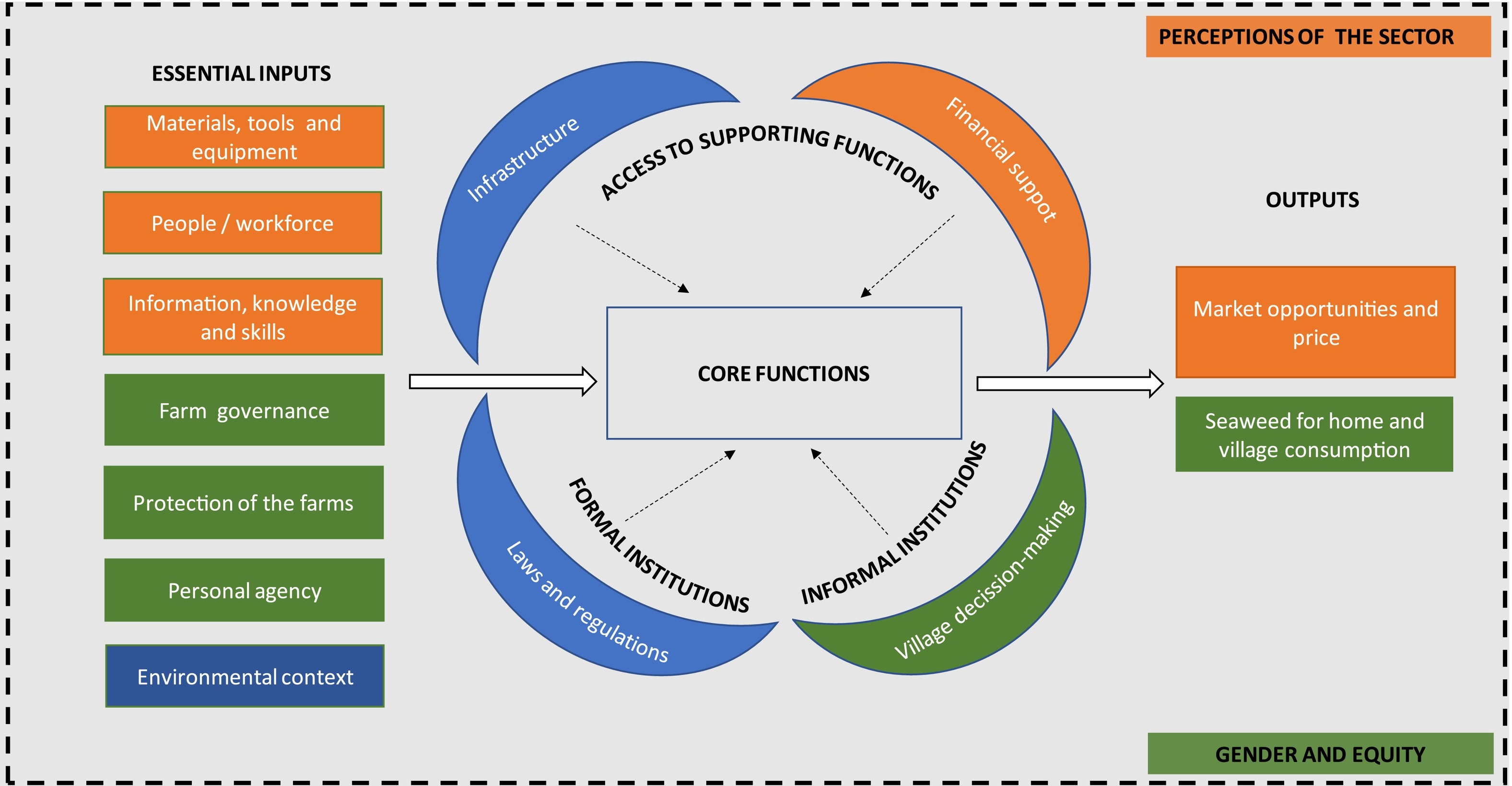Elsevier,
Psychosocial Experiences and Adjustment of Migrants, Coming to the USA. 2023, Pages 391-418
Ongoing attention must be paid to these psychological dimensions for migrants and refugees, as well as further research, de-stigmatization, and education of governments and other stakeholders during the Compacts' implementation, review, and follow-up period, supporting SDG3.
Climate change is impacting the health of Western Australians.Temperature increases and air pollution are particularly problematic.Food and water security may be compromised. An urgent response is required.
Background: Houses in mild-climate countries, such as Australia, are often ill-equipped to provide occupants protection during cold weather due to their design. As a result, we rely on energy to warm homes, however, energy is becoming increasingly expensive, and evidence is emerging of a sizable burden to population health of being unable to afford to warm homes causing exposure to cold indoor temperatures.
This paper explores perceived barriers and enablers for engagement in a new aquaculture activity, using an example of ‘technology-push’ towards seaweed farming in coastal villages in Samoa.
First Nations children and adolescents in Australia experience one of the highest reported rates of treatable skin infections in the world, authors of this study gathers information from relevant communities through culturally appropriate, semi-structured interviews, or ‘yarning sessions’. This approach has allowed the authors to centre First Nations voices, identifying strengths and gaps in available resources, services and education to reduce these infections.
This article highlights that although Indigenous research governance is recognised as an essential part of ethical Aboriginal and Torres Strait Islander research, activities and contributions made by Indigenous reference group (IRG) members are underreported.
Elsevier,
Overcoming Obstacles in Drug Discovery and Development, Surmounting the Insurmountable—Case Studies for Critical Thinking 2023
Racial and ethnic disparities among clinical trial participants is a long-standing issue demanding attention in the research community as advances in precision medicine increase. This exclusion from clinical trial enrollment has tangible consequences, preventing traditionally underserved populations from benefitting from health innovation and cutting-edge technologies. Aggregation of populations into a generalized treatment population lends to the evident healthcare inequities we see today and support SDG3
This Article supports SDG 3 by highlighting the effectiveness of a co-designed intervention for providing First Nations care within Western health services, which could address current gaps in respiratory health outcomes for Aboriginal children.
This Article supports SDG 3 by assessing the cost-effectiveness of the "Birthing in Our Community" service in reducing preterm births in Australian First Nations families compared to standard care.
This paper supports the improvement of maternity care by First Nations doulas.

